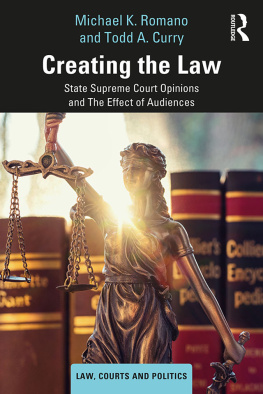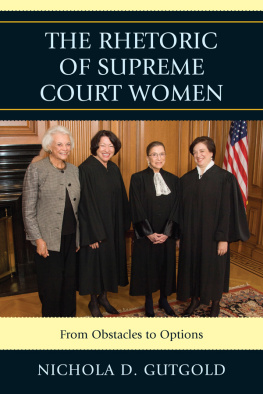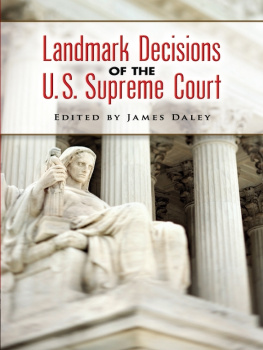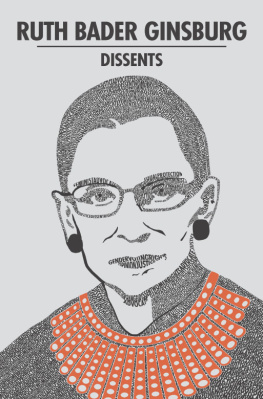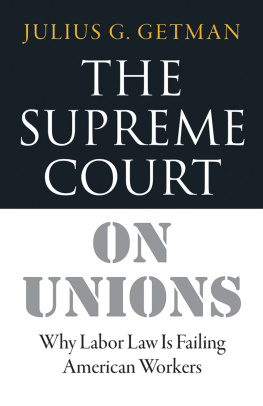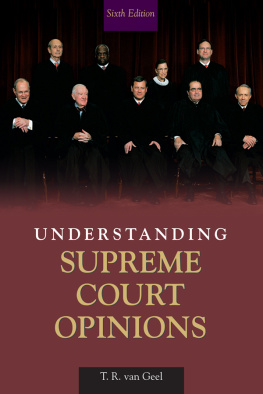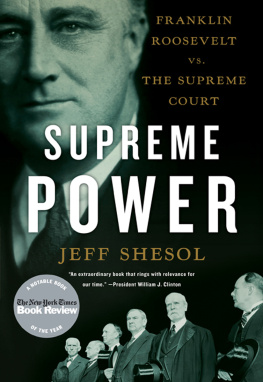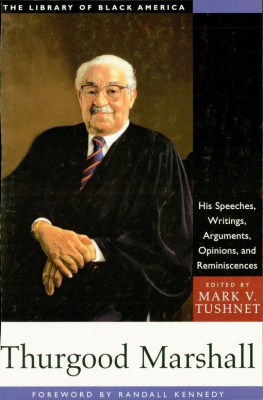Creating the Law
Written opinions are the primary means by which judges communicate with external actors. These sentiments include the parties to the case itself, but also more broadly journalists, public officials, lawyers, other judges, and increasingly, the mass public. In Creating the Law , Michael K. Romano and Todd A. Curry examine the extent to which judges tailor their language in order to avoid retribution during their retention, and how institutional variations involving intra-chamber dynamics may influence the written word of a legal opinion.
Using an extensive dataset that includes the text of all death penalty and education decisions issued by state supreme courts from 19952010, Romano and Curry are the first to examine the connection between retention incentives and language choices. They utilize text analysis techniques developed in the field of communications and apply them to the text of judicial decisions. In doing so, they find that judges write with their audience in mind, and emphasize duelling strategies of justification and persuasion in order to please diverse audiences that may be paying attention. Furthermore, the process of drafting a majority opinion is a team exercise, and when more individuals are involved in its crafting, the product will reflect this complexity.
This book gives students the tools for understanding how institutional variation affects judicial outcomes and shows how language relates to decision-making in the judiciary more specifically.
Michael K. Romano received his Ph.D. in 2014 from Western Michigan University and is an Assistant Professor in the Political Science Department at Shenandoah University. His research focuses on how elite actors specifically judges in both the federal and state courts in the United States and members of Congress craft language in order to affect policy goals and political outcomes. His work has been published in Justice System Journal , Social Science Quarterly , and PS: Political Science & Politics .
Todd A. Curry received his Ph.D. in political science at Western Michigan University in 2012, and is an Assistant Professor in the Political Science Department at University of Texas, El Paso. His primary area of research is State Courts of Last Resort in the United States, as well as indigenous peoples and the law and diversity in higher education. His work has been published in Justice System Journal , American Review of Politics , PS: Political Science & Politics , and The Journal of Politics .
Law, Courts and Politics
Edited by Robert M. Howard, Georgia State University
In Democracy in America , Alexis de Tocqueville famously noted that "scarcely any political question arises in the United States that is not resolved, sooner or later, into a judicial question." The importance of courts in settling political questions in areas ranging from health care to immigration shows the continuing astuteness of de Tocquevilles observation. To understand how courts resolve these important questions, empirical analyses of law, courts and judges, and the politics and policy influence of law and courts have never been more salient or more essential.
Law, Courts and Politics was developed to analyze these critically important questions. This series presents empirically driven manuscripts in the broad field of judicial politics and public law by scholars in law and social science. It uses the most up to date scholarship and seeks an audience of students, academics, upper division undergraduate and graduate courses in law, political science and sociology as well as anyone interested in learning more about law, courts and politics.
Judicial Review and Contemporary Democratic Theory
Power, Domination and the Courts
Scott E. Lemieux and David J. Watkins
States in American Constitutionalism
Interpretation, Authority, and Politics
Bradley D. Hays
Creating the Law
State Supreme Court Opinions and the Effect of Audiences
Michael K. Romano and Todd A. Curry
For more information about this series, please visit: www.routledge.com/LawCourts-and-Politics/book-series/LCP
Creating the Law
State Supreme Court Opinions and The Effect of Audiences
Michael K. Romano and Todd A. Curry
First published 2020
by Routledge
52 Vanderbilt Avenue, New York, NY 10017
and by Routledge
2 Park Square, Milton Park, Abingdon, Oxon, OX14 4RN
Routledge is an imprint of the Taylor & Francis Group, an informa business
2020 Taylor & Francis
The right of Michael K. Romano and Todd A. Curry to be identified as authors of this work has been asserted by them in accordance with sections 77 and 78 of the Copyright, Designs and Patents Act 1988.
All rights reserved. No part of this book may be reprinted or reproduced or utilised in any form or by any electronic, mechanical, or other means, now known or hereafter invented, including photocopying and recording, or in any information storage or retrieval system, without permission in writing from the publishers.
Trademark notice : Product or corporate names may be trademarks or registered trademarks, and are used only for identification and explanation without intent to infringe.
Library of Congress Cataloging-in-Publication Data
A catalog record for this title has been requested
ISBN: 978-1-138-61683-7 (hbk)
ISBN: 978-1-138-61684-4 (pbk)
ISBN: 978-0-429-46182-8 (ebk)
Typeset in Bembo
by Apex CoVantage, LLC
For both of our families, whom have supported us both in life and through this project
This project, in its nascent form, dates back to 2010, so we have nearly a decade of individuals to recognize for supporting both of us through this project. Foremost, we need to thank the Political Science department at Western Michigan University for providing us with an environment that allowed each of to pursue specializations that were mentally stimulating and complementary. Furthermore, the amount of research and travel support that we enjoyed because of department chair and mentor, John Clark, far surpassed what we would have received at any other university.
While finishing our degrees at WMU, we also had the invaluable experience of learning from, being mentored by, and collaborating with Mark S. Hurwitz. It is difficult to quantify what Mark has done for us over the years, but with regards to this project, he introduced us to Judges and Their Audiences . While discussing it in class, his off-hand comment, Now think about state judges, may officially be considered the starting point of this project.
As we both transition into our positions as assistant professors, we received significant support from each of our departments and universities. Todd would like to thank Greg Schmidt, Charles Boehmer, and Gaspare Genna for helping him balance the demands of teaching and research. A special thanks goes to William Weaver and the Patti and Paul Yetter Center for the Law at University of Texas at El Paso who provided for research assistance and the preparation of the final manuscript. A special note of thanks to Ricardo A. Romero and Tiffiny D. Stevens whom helped collect and code the majority of our data. Michael would similarly like to thank Eric Leonard, Julie Hofmann, Brett Kite and Brian Pearce-Gonzalez for helping navigate and find balance in teaching and research and providing opportunities to expand the research into the classroom setting. Michael would also like to thank Ashley Oates for her assistance in the organization, processing, and cleaning of the education data to prepare for its analysis. A special thanks goes to the Shenandoah University Summer Scholars program for helping fund undergraduate collaboration with the research developed in this text.


